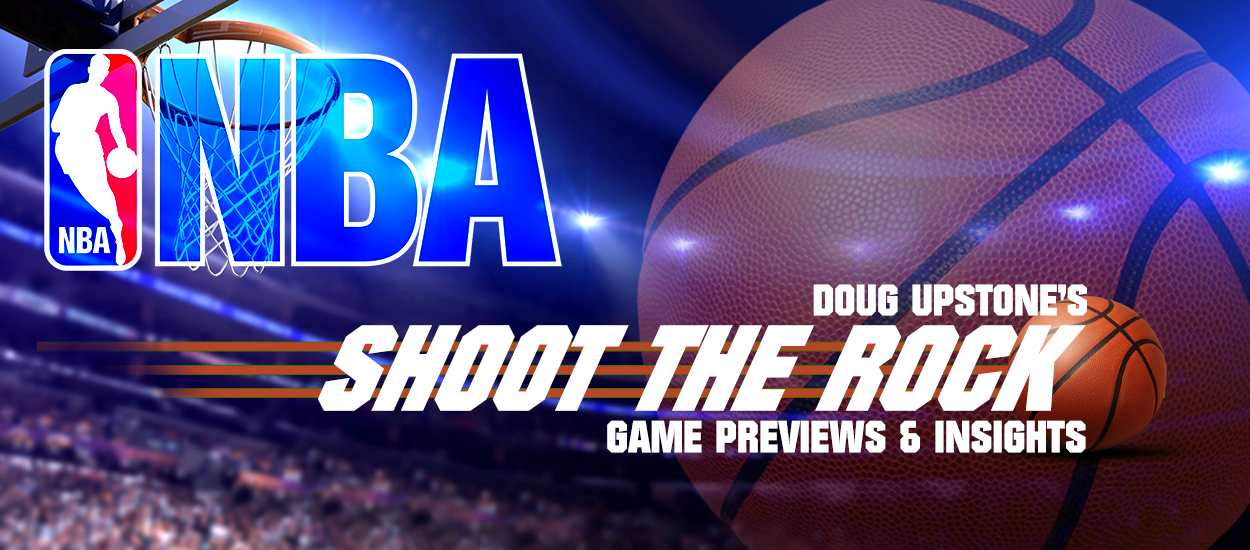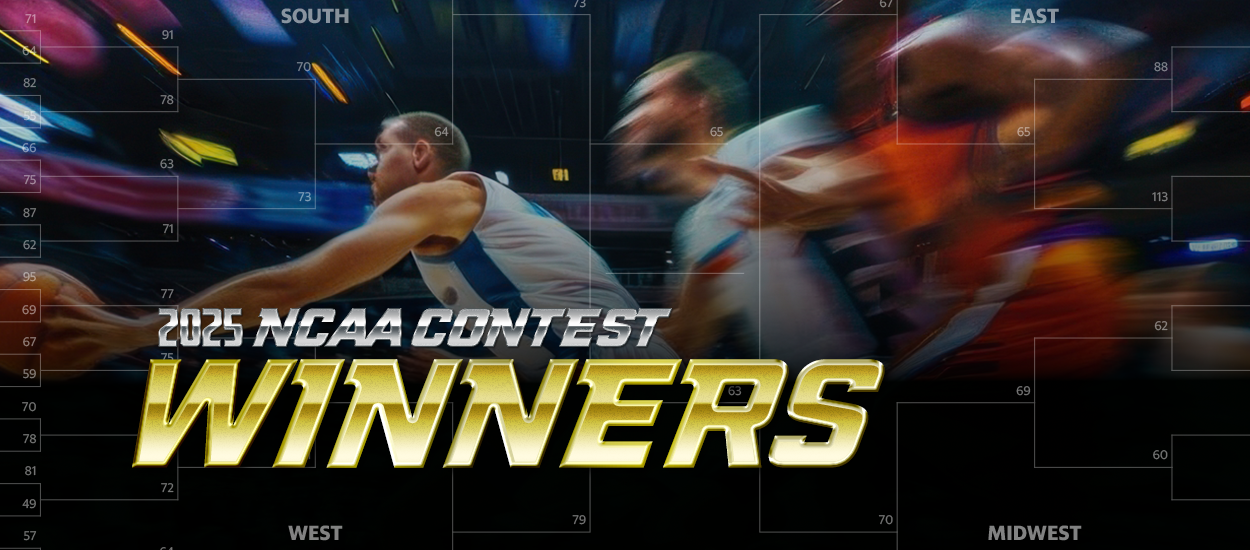When Fanatics and ESPN announced they were getting into the sports betting market it was assumed they would cut into the market share of FanDuel and DraftKings. The question was how much?
Two sportsbooks control over 75% of the sports betting market
Up until Fanatics purchased the U.S. assets of PointsBet and Penn National sold back the Barstool name to Dave Portnoy and started ESPNBET, the market was dominated by two brands. FanDuel had 45% of the nation’s sports betting market share followed by 32% for DraftKings, 10% for BetMGM and 6% for BetCaesars. That left just 7% for the remaining sportsbooks which was split up among the likes of Barstool, PointsBet, BetRivers, Wynn and a host of others. The hope for Penn was that Disney’s huge assets and ESPN’s control of the sports TV media would quickly grow the brand on name recognition alone catapulting them to a far higher share.  Similarly, Fanatics hoped their massive database of customers (estimated to be over 95 million people in the U.S), would allow them to cross promote between merchandise purchases and sports betting and quickly gain market share.
Similarly, Fanatics hoped their massive database of customers (estimated to be over 95 million people in the U.S), would allow them to cross promote between merchandise purchases and sports betting and quickly gain market share.
It’s uncertain just how much market share they gained in the few months since beginning operations, compared to the share Barstool and PointsBet market had, since no official numbers were released, but after first quarter revenue was released, DraftKings saw a drop of 11% in their stock price and Flutter (owners of FanDuel) saw a 7% drop in price indicating that the big two companies saw figures that had investors concerned. There was no similar drop in Penn National stock after the results were released.
Expanding market will see consolidation
I spoke with an analyst I know from New Jersey ahead of this week’s SBC Canadian Gaming Summit in Toronto and he said that he was confident by 2030 we would see the field bunching up in the U.S.
“There’s no question FanDuel and DraftKings will be the leaders for the foreseeable future simply because of their customer base, but there’s a lot of money to go around and consolidation will hurt the big boys the most. Sports betting revenue grew by over 40% from 2022 to 2023 and is expected to triple by 2030, when the lowest estimates say it will be close to $25 billion. That won’t all go to FanDuel and DraftKings. Those two had a head start when online sports betting began because they could utilize their fantasy sports databases along with sweetheart deals they made with states like New Hampshire and Oregon, but it’s early enough in the game for other companies to make a big move. MGM and Caesars should have been bigger than they are, but MGM made some mistakes in their launch and have been playing catch up since. An example is they way they rolled out the online rewards program. It was not nearly as proliferate as others and the welcome rewards weren’t as good, but in the last year, they have sweetened their BetMGM awards program and also tied online play to free stays at MGM resorts around the world, which seems to have made an impact. Caesars’ big error was simply not advertising as much as the others, but they seem content with a smaller market share realizing online betting is not going to be what keeps them successful.
But the biggest growth will most certainly go to Fanatics and ESPN. Along with the FanCash rewards program that gives Fanatics customers free money to use for merchandise for each bet they make on BetFanatics, what’s most important for Fanatics is the brilliance of hiring on Matt King to head the sports betting operation. He is a marketing genius who grew an idea with no real capitol to a behemoth. In my view, King is the most influential businessman in the space and his slow but steady approach with Fanatics will pay dividends in the end. I expect Fanatics to use proven incentives like refer-a-friend bonuses and free bets, along with important sports influencers who are tied to the Fanatics brand, to help promote and grow the customer base, but King is waiting for the best opportunity to begin that launch, understanding that moving too quickly can be a mistake. ESPN is at a disadvantage since Disney can’t use cross promotions for ESPNBet the way Fanatics can, but again Disney has some of the most brilliant business minds in the world, so they will figure out a way to generate market share while avoiding concerns surrounding the family sensitivities of the Disney brand itself. DreamWorks and DisneyPlus have some R rated shows but that hasn’t stopped parents from taking kids to Disneyworld.”
I also asked a couple of others attendees from SBC last year who make market predictions what they believe will be the revenue by brand in the next 10 years, and each of them said they would be surprised if FanDuel and DraftKings have a combined market share of more than 40% by 2035. One of the business analysts I spoke to, Phil, said that almost everyone in the industry was stunned by just how much market share DraftKings and FanDuel got off the bat. But he also reminded me that sports betting really only launched nationwide in 2021 and is still in its infancy. And like any business, the first in the game always look unstoppable but eventually they come back down to earth as stiffer competition grows. He said the huge number of tiny companies that never stood a chance of success took away real market share from the mid-tier companies like BetRivers, Barstool or WynnBet and only increasing the success of the big two. But he said he was very confident that by 2030 there will be massive consolidation and the number of operators in any state will be limited to a handful including FanDuel, DraftKings, BetMGM, BetCaesars, BetFanatics, ESPNBet and possibly Bet365, Hard Rock, BetFred and a couple of others. He was also confident that almost all the other small players would either close shop the way FoxBet and WynnBet did or they would sell their assets to one of the bigger players. He added that while BetRivers is on record being in discussions with DraftKings for a sale of their assets, he suspects that unless BetRivers offers a sweetheart deal to DraftKings, it will be turned down, since there is really no value-added incentive for the purchase. Instead, he thinks the sale could be to ESPNBet, who are anxious to get a New York license, which BetRivers currently has. He also said he could envision what he called “the nuclear option” which would see all the companies with large Vegas assets bind together and set up a mega operation to overtake DraftKings and FanDuel, where each owner would get a share of the profits based on their current customer base. He said it would reduce costs dramatically and allow them to invest in marketing and development strategies to attract customers and combine their resources to help them compete against FanDuel, DraftKings, Fanatics and ESPN.
“It would be like the movie Miracle on 34th Street when Macys and Gimbels became partners to maximize market share by not trying to compete on price for Christmas products,” Phil said to me in an email exchange. “I know it’s unlikely but desperate times call for desperate measures, so if MGM, Caesars and possibly Hard Rock, Bally’s and Westgate (Superbook) combine assets and assign fair revenue splitting for online sports bets to make them competitive, then they will do what is necessary. The companies did collaborate to get a license in New York and a company with a name like BetBigVegas would certainly be among the top in the game if it included MGM, Caesars and every other big operator in Sin City. They certainly won’t just give up like Wynn did.”
California may tip the scales
I was also reminded me that once California and possibly Texas come aboard it will be a game changer as well, which could eat into the market share of the big two. Almost every gaming analyst agrees that California would go right to the top in terms of sports betting revenue if and when it is licensed and regulated there, and since the Tribes have a huge influence, they could be instrumental in determining which commercial companies can get a license and when. Just as they have blocked online poker legalization in the state due to a fight over PokerStars, they may demand that FanDuel get a time out since Flutter owns PokerStars. Plus, name recognition of the two fantasy sports giants isn’t as well known in California as it is in most other states since fantasy sports was never legal in California.
Everyone in California knows who MGM, ESPN and Fanatics are and Disney is one of the most important companies in California.  You’ll never see ads for ESPNBet at Disneyland but there is little doubt Disney can and would use their influence and connections to cross promote the products in ways that are ethical and wouldn’t offend families. Consequently, just like MGM was the top sports brand in Michigan until this year because of the company’s importance with the Detroit casino, there is some expectation that FanDuel and DraftKings would not be the biggest companies out of the gate in California. And when all that is factored in, it means less overall market share for the big two,
You’ll never see ads for ESPNBet at Disneyland but there is little doubt Disney can and would use their influence and connections to cross promote the products in ways that are ethical and wouldn’t offend families. Consequently, just like MGM was the top sports brand in Michigan until this year because of the company’s importance with the Detroit casino, there is some expectation that FanDuel and DraftKings would not be the biggest companies out of the gate in California. And when all that is factored in, it means less overall market share for the big two,
So, we won’t know until later this year just how much market share Fanatics and ESPN have taken from DraftKings and FanDuel, if any at all, but those companies aren’t worried about 2024. Disney and Fanatics are in it for the long run and if the analysts are correct, we will see a major impact for each by 2030, if not sooner. At the 2022 SBC North America Summit, two presenters said they were confident the two biggest sports betting companies hadn’t even launched yet (referring to ESPN and Fanatics), but when they do, look out. If early indications are accurate then it appears they are correct.
















